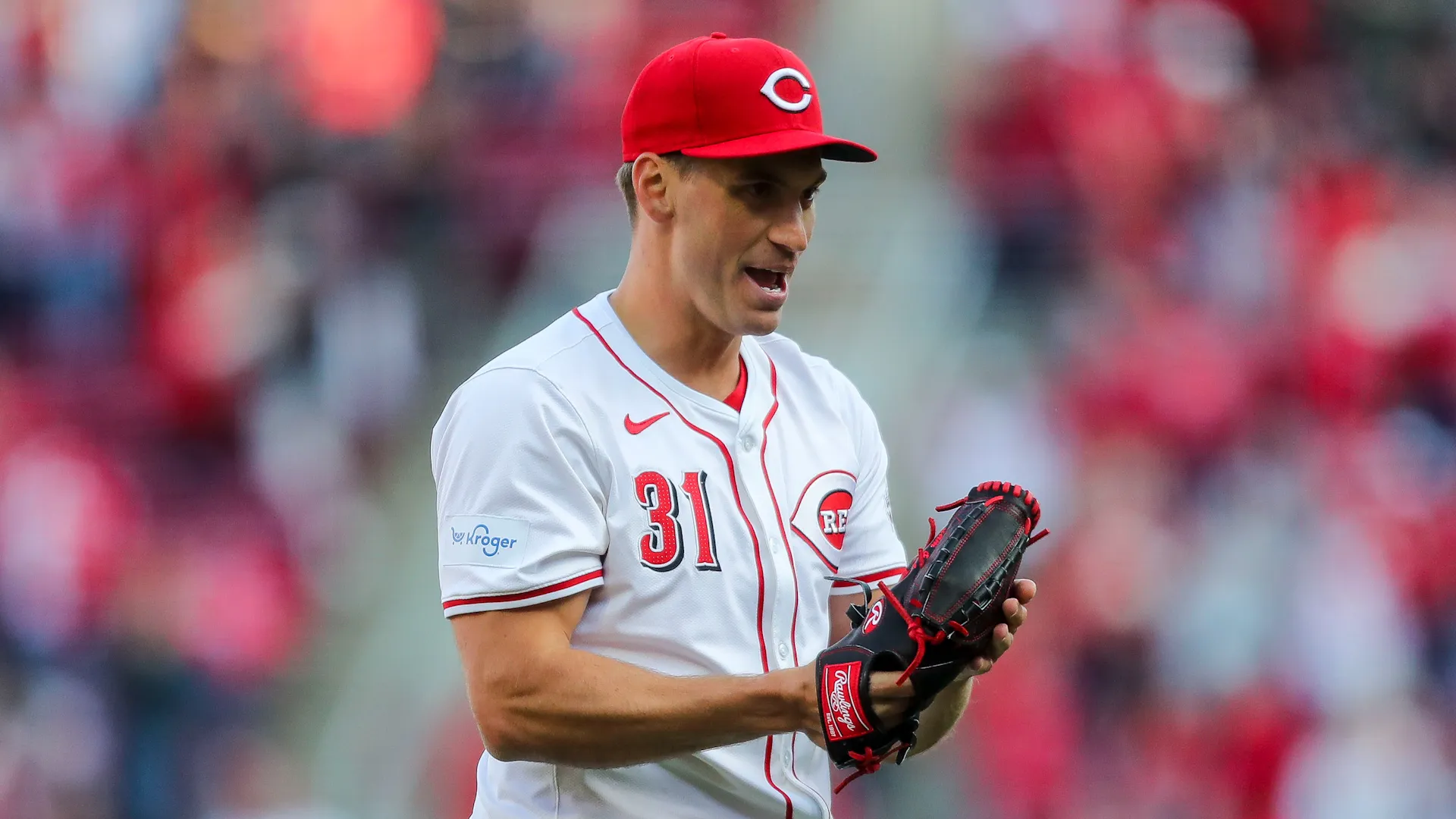SEATTLE -- A legend in Cuba, the man they simply know as ‘Pito,’ Jose Abreu played a large role in the White Sox pitch to young Cuban outfielder Luis Robert.
Same for Yoan Moncada. White Sox manager Rick Renteria had a big hand in it, too.
Robert, 19, reportedly signed a deal worth $25-30 million with the White Sox on Saturday afternoon. The yet-to-be-announced signing is another significant move for the rebuilding White Sox in their quest to accumulate as much high-end, controllable talent as possible. Robert likely slots into the team’s farm system as the No. 3 prospect behind Moncada and Michael Kopech.
One way the White Sox endeared themselves to Robert was with a video presentation narrated in Spanish by Renteria with plugs from Abreu and Moncada, who implored the youngster to join them in Chicago. Hours before Robert signed with the White Sox he switched the avatar on his Instagram account a picture of him wearing the team’s hat.
Abreu’s message undoubtedly was genuine, coming from a man who not only loves how he has been received by White Sox fans, but also was floored at how well the team treated Cuban icon Minnie Minoso until his death in 2015.
“From the bottom of my heart, that is something that is very special to me,” Abreu said through an interpreter on Friday. “I really appreciate that. The way this team has treated the Cuban players and the Latino players in general, that’s something that is important and I really, really appreciate it.”
When Abreu signed, he was the 17th Cuban to have suited up for the White Sox. Two months later, the team added catcher Adrian Nieto in the Rule 5 draft and they’ve since acquired Moncada.
MLB
[MORE: Video pitch helps White Sox sign potential cornerstone Luis Robert to loaded farm system]
Abreu recalled on Friday how he had known about more recent White Sox players who hailed from Cuba such as Alexei Ramirez, Dayan Viciedo, Jose Contreras and ‘El Duque’ Orlando Hernandez. But he didn’t know as much about Minoso — who was a club ambassador at the time — until his elder countrymen took him under his wing and became a father figure to Abreu. Abreu said learning about Minoso’s dealings with the White Sox made his transition to the United States significantly easier.
“Once I left the island, that was when I learned more about who else was here and I met Minnie,” Abreu said. “I heard about his story with the team and all the things that he did.”
The White Sox also have an edge over the rest of baseball in that Renteria is the only Spanish-speaking manager at the major league level, another layer to his skillset that was noted in the presentation. Renteria said earlier this week that he knows that his ability to bridge the communication gap is significant in a game where the Spanish-speaking population continues to rise.
While it’s merely another attribute that he brings to the table among many, Renteria, who was the first U.S.-born member of his family (his parents and four older brothers were born in Mexico), knows his background can be a valuable tool.
“Is there value to my cultural experience and how I grew up and the experiences I’ve had in general?” Renteria said. “Yeah. Absolutely. No question about it. I’ll take advantage of it to the extent that I can get the most value out of the players playing for me both Anglo and/or African American and/or Hispanic.
“I think in general we should be able to cross all bridges to be able to communicate with all players. Is it simpler for me? Yeah, I am Spanish speaking since I was little. That helps a lot. My language skills in Spanish have actually gotten better over the years -- correcting and checking to make sure you’re saying things the right way.
“You might speak the same language in terms of the words. But if your message isn’t very good it doesn’t matter what language you speak, it isn’t going to get across.”


